Cox's Bazar, June 26 (V7N)- Hundreds of young lives are being ruined by addiction and trafficking, with drugs spreading across the entire country. Due to the unrestricted flow of drugs and yaba from Myanmar, Cox's Bazar district has become a hub for narcotics. As a result, hundreds of youths are becoming addicted.
Two young men, Shihab and Rakib (pseudonyms), have shared their stories. They became addicted to drugs while studying in Chittagong and returned to Cox's Bazar in poor health. They express deep frustration and despair over their ruined lives, stating that apart from their families, no one speaks to them. They have been treated as burdens by society and suffered mistreatment from relatives and friends. Now, they are seeking a fresh start at a rehabilitation center in Cox's Bazar, sharing their stories to raise awareness among other young people on International Anti-Drug Day.
Yesterday, Tuesday, a visit to the main market area revealed that drugs were being openly sold in Cox's Bazar's main market area. Local residents claim that 17 points in the city are syndicates for the sale of yaba, cannabis, and moonshine. Despite the efforts of local administration, the drug trade, consumption, and trafficking in the tourist city of Cox's Bazar continue to grow unchecked. Concerned guardians and civil society representatives are worried about the future of the young generation. The local administration claims that drug-related cases have decreased compared to before, and social resistance is believed to help reduce the problem.
Inspector Jiban Barua of the Cox's Bazar Department of Narcotics Control reported that last year, 900,000 yaba pills, 24 kg of cannabis, 865 liters of moonshine, 4 kg 76 g of heroin, and 2 kg of ice were seized. A total of 222 drug cases were filed, with 172 regular cases and 50 mobile court cases, leading to the imprisonment of 275 individuals.
Representatives of Cox's Bazar's civil society claim that with the police's recent lack of visible operations, previously hidden and recently released drug dealers have become active again. They call for collective resistance to solve the problem, noting that Cox's Bazar has been identified as a transit point for drugs.
Farhad Iqbal, General Secretary of Cox's Bazar People's Forum, stated that drugs easily enter Cox's Bazar from Myanmar and spread across the country, tarnishing Cox's Bazar's reputation. He emphasized the need for unified protest to solve this issue.
HM Nazrul, spokesperson for the Cox's Bazar Citizens' Movement, said that awareness only peaks on special days like International Anti-Drug Day, and then fades. He pointed out the concern that, despite significant drug seizures at the border, no major traffickers are caught, making it easy for drugs to reach the new generation.
Public Prosecutor Syed Rezaur Rahman of Cox's Bazar District and Sessions Judge Court mentioned that efforts to expedite drug-related cases are ongoing. He believes that strict punishments will serve as a deterrent to drug dealers. Just today, one individual was sentenced to life imprisonment in a Ramu police station case.
Police statistics indicate that in 2023, 2,600 drug dealers were arrested in 1,900 cases. However, this year, in the past six months, 850 drug dealers were arrested in 600 cases, according to Cox's Bazar Police Superintendent Mahfuzul Islam. Despite some previously detained or surrendered individuals turning their lives around, many remain involved in the trade. The administration maintains close surveillance on drug dealers and other criminals.
In 2018, during a special anti-drug operation by various units of law enforcement, 299 drug dealers, including 4 women, were killed in Cox's Bazar.
However, the eradication of drugs from society and the country as a whole can only be achieved through regular drug elimination efforts and awareness campaigns, not just on International Anti-Drug Day.
END/V7N/SMQ/DK/



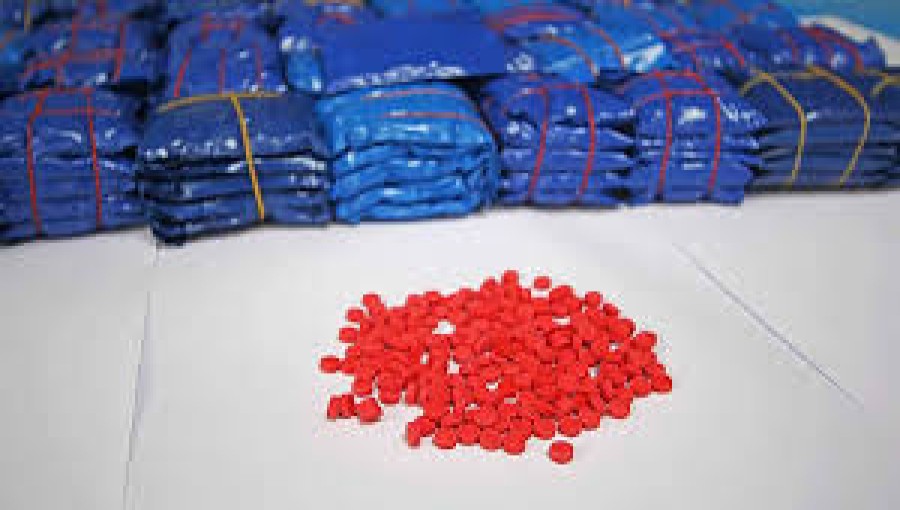
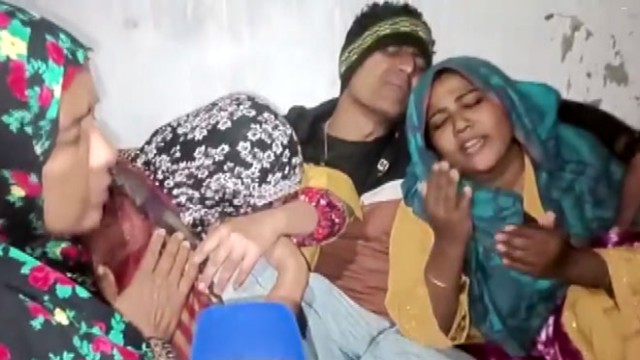
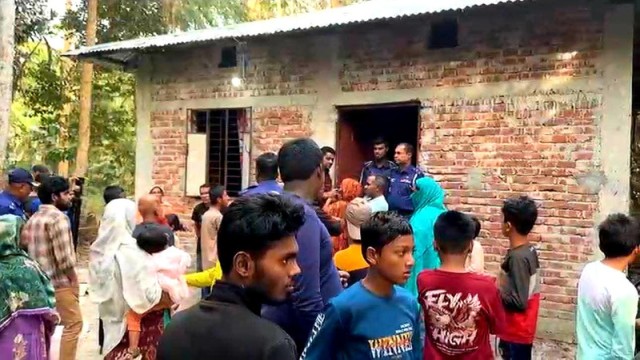
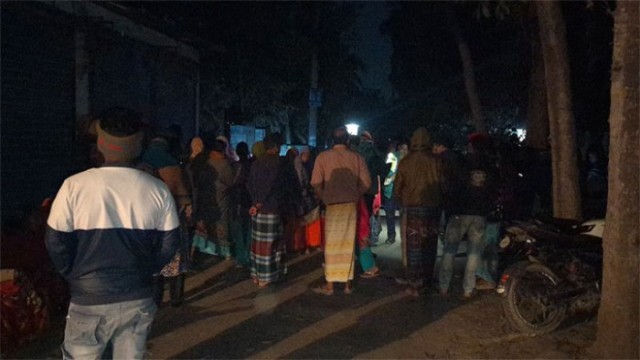
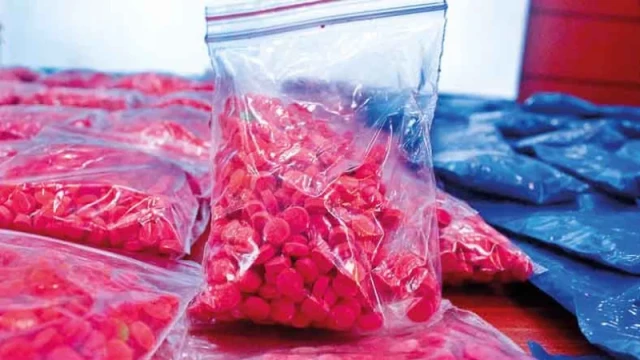
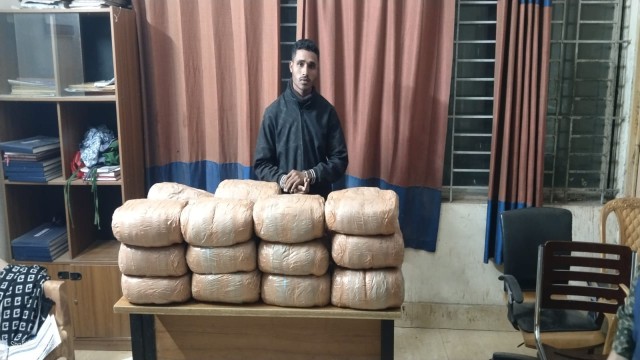
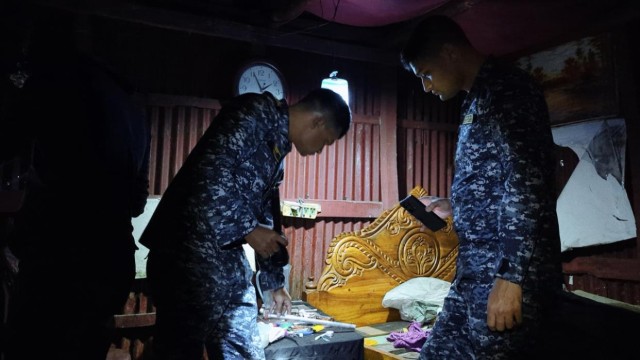
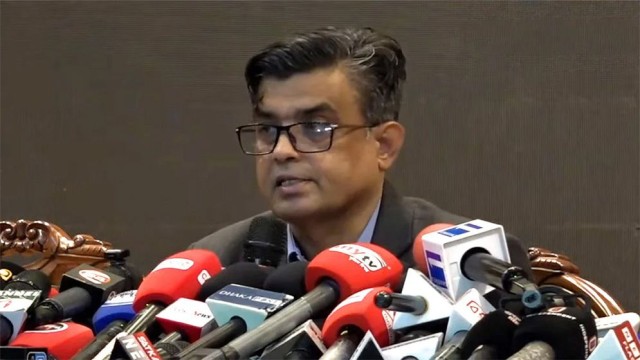

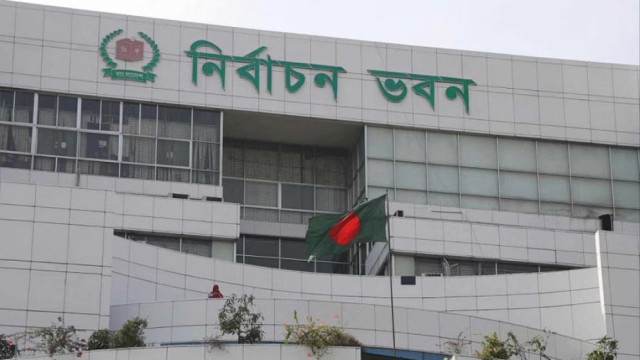
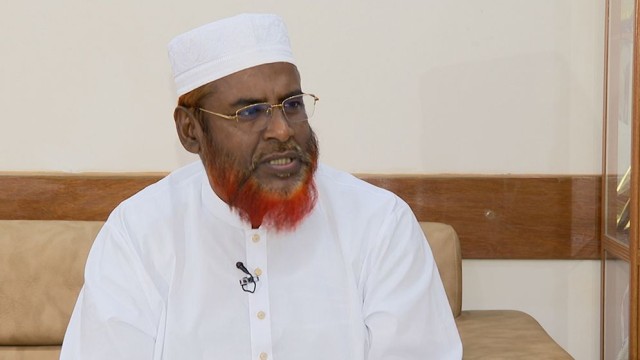

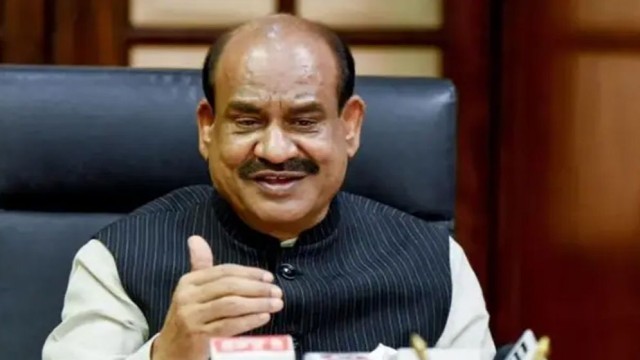
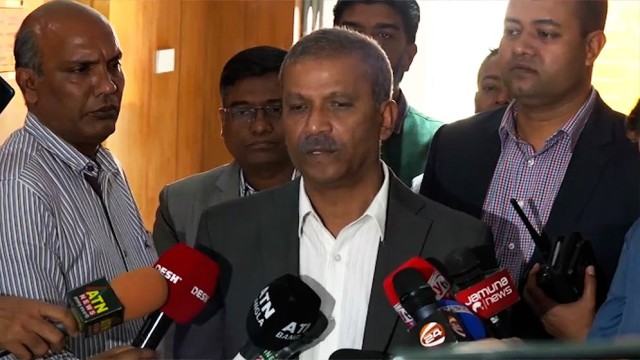
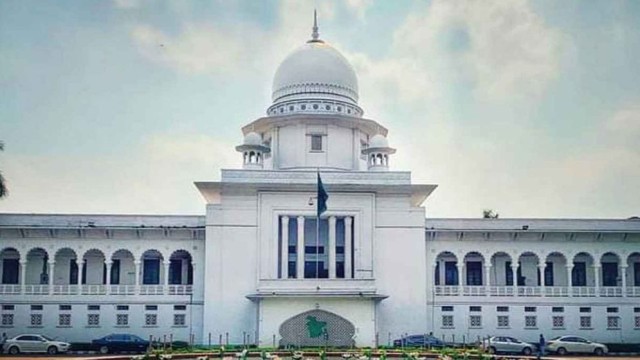

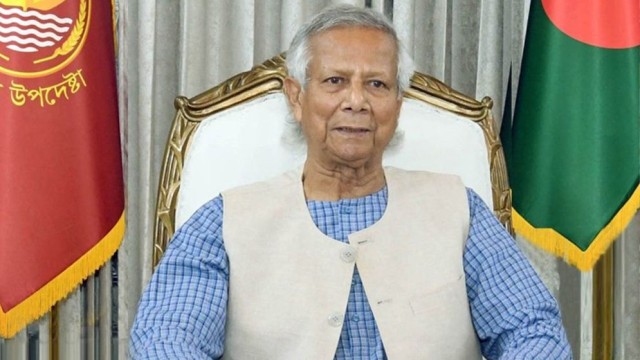










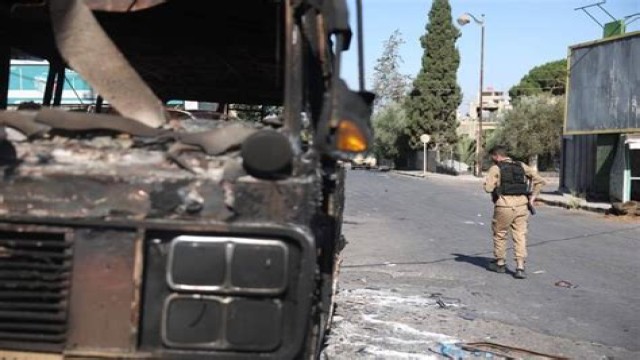
Comment: